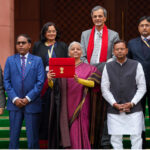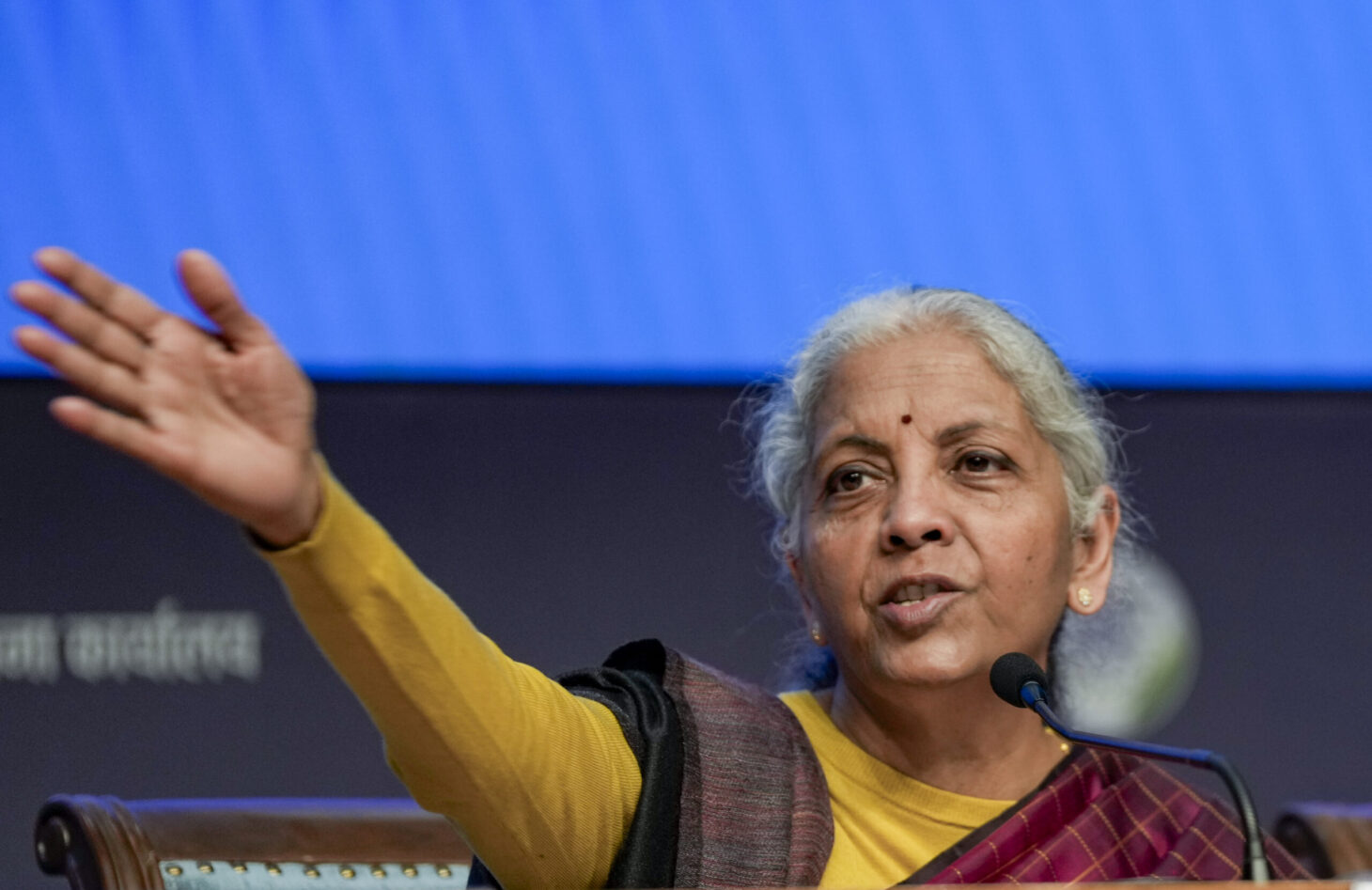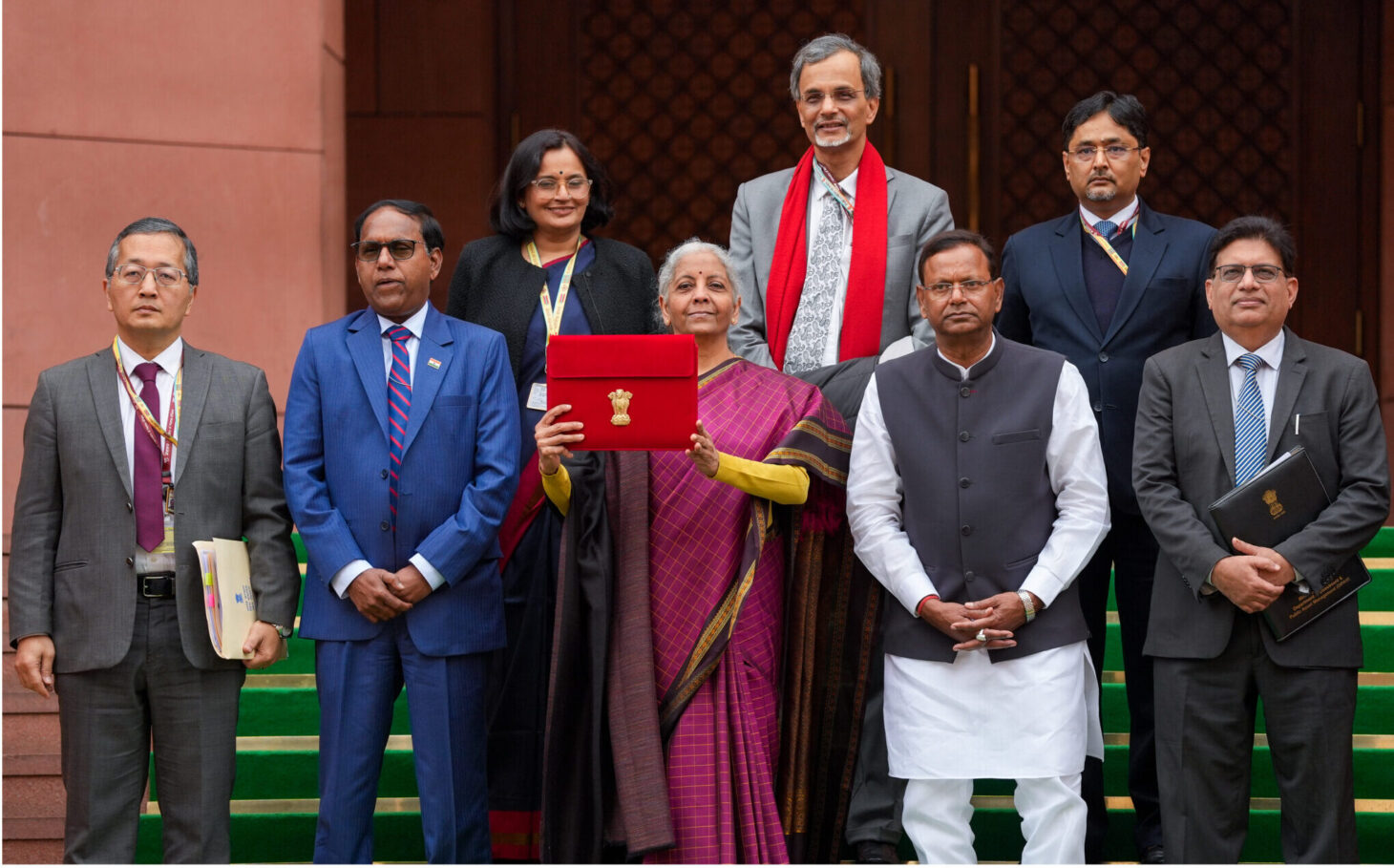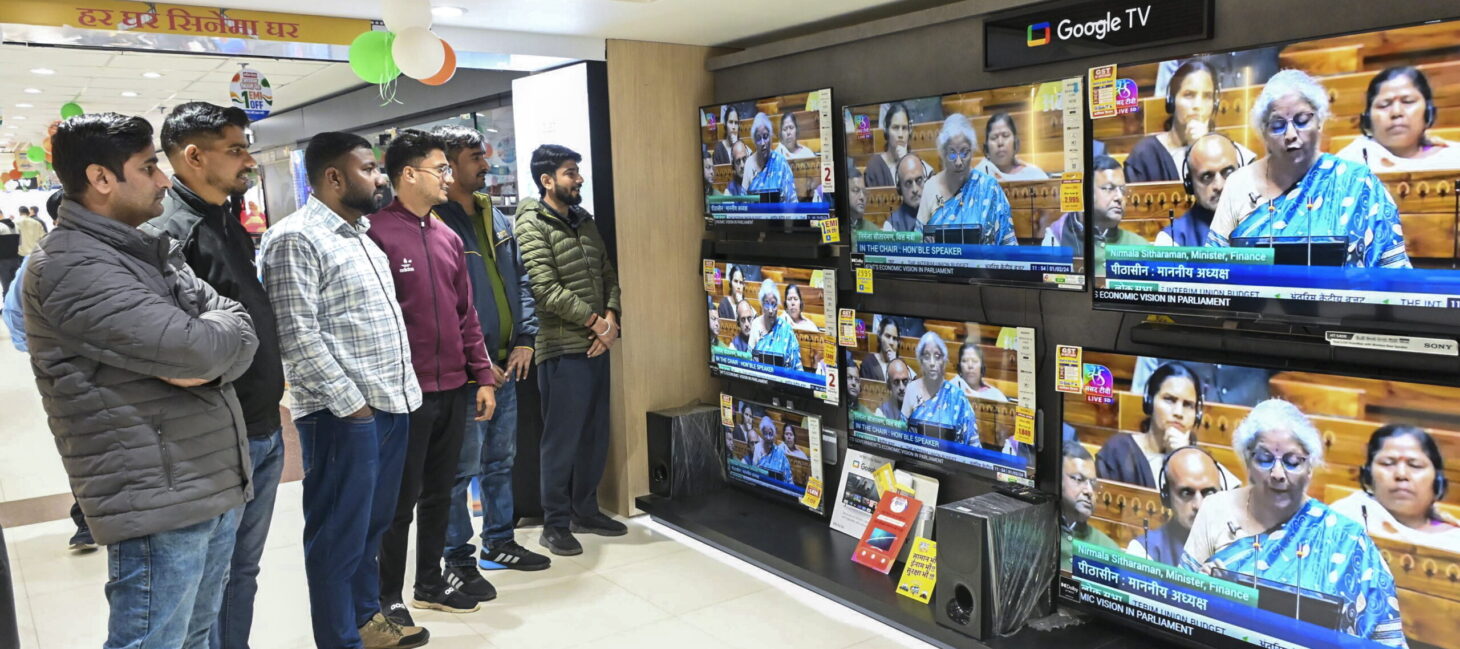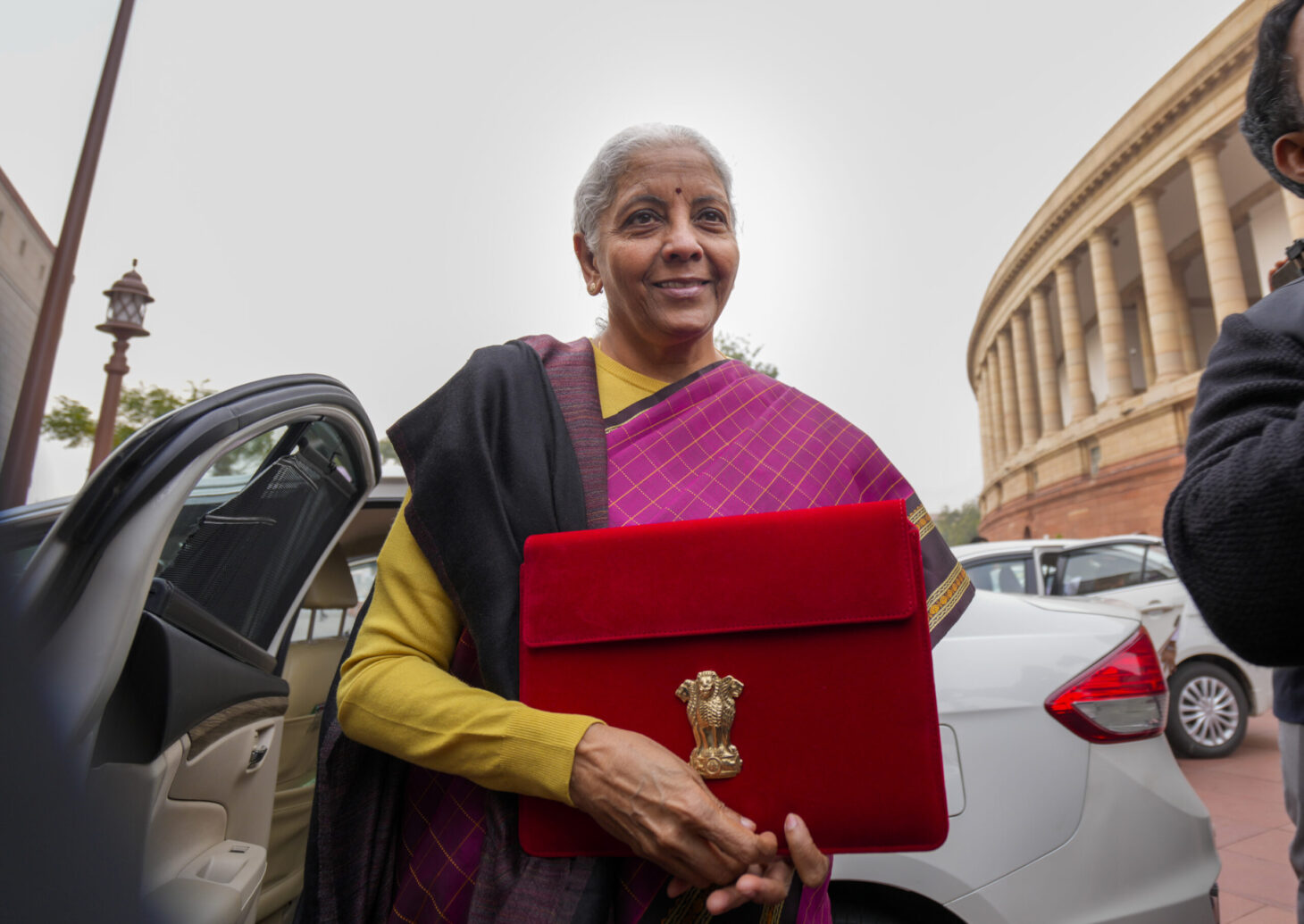The North News
Chandigarh, April 29
Punjab has garnered investment proposals worth over ₹1 lakh crore since March 2022, as the state accelerates its push to become a manufacturing and industrial hub in northern India.
State Industries and Investment Promotion Minister Tarunpreet Singh Sond said the proposals—valued at ₹1,00,346 crore—are expected to create over 400,000 jobs. Speaking at a policy review meeting with business leaders at Udyog Bhawan on Monday, Sond attributed the uptick in industrial interest to the government’s “investor-first” approach and its consistent focus on creating a favourable business ecosystem.
In a clear pitch to prospective investors, the Minister declared Punjab “a peaceful and stable destination for industry” and encouraged industrialists to take advantage of current policy incentives. “We are committed to making Punjab a preferred destination for industrial growth,” he said.
Sond also unveiled a One-Time Settlement (OTS) scheme designed to assist industrialists by resolving long-pending cases. The scheme, open until 31 December 2025, is expected to provide significant financial relief to companies burdened by outstanding dues.
Since the Aam Aadmi Party took office in 2022, Punjab has attracted several marquee investment proposals. These include:
- Tata Steel Ltd (₹2,600 crore)
- Sanathan Polycot Pvt Ltd (₹1,600 crore)
- Ambuja Cements Ltd (₹1,400 crore)
- Ruchira Papers Ltd (₹1,137 crore)
- Toppan Specialty Films Ltd (₹787 crore)
- Nestlé India Ltd (₹583 crore)
- Happy Forgings Ltd (₹438 crore)
- Freudenberg Group (₹339 crore)
- OaykayMetcorp Ltd (₹309 crore)
- Cargill India Pvt Ltd (₹160 crore)
The Minister underscored the administration’s open-door policy, citing ongoing dialogues with leading industrial players to fine-tune regulatory frameworks. “We are constantly refining our policies to meet the expectations of modern industry,” Sond added.
The state’s industrial drive aligns with broader efforts to diversify its agrarian economy and attract sustainable employment-generating ventures in manufacturing, food processing, and clean energy sectors.



